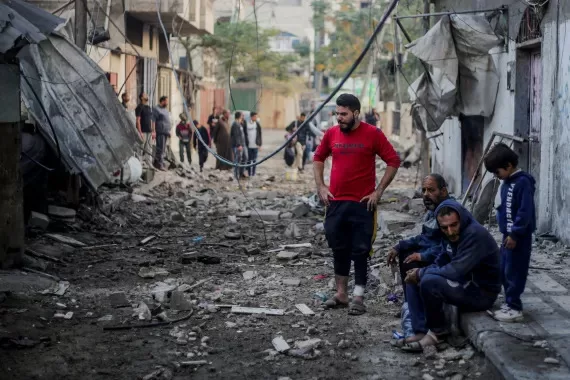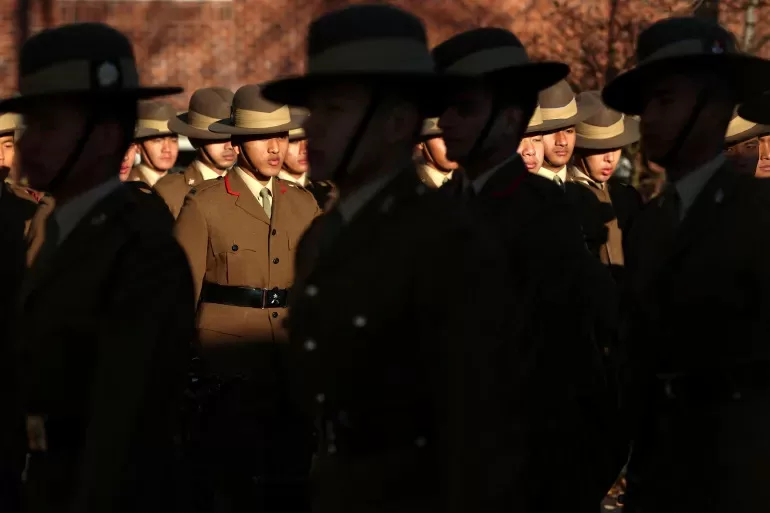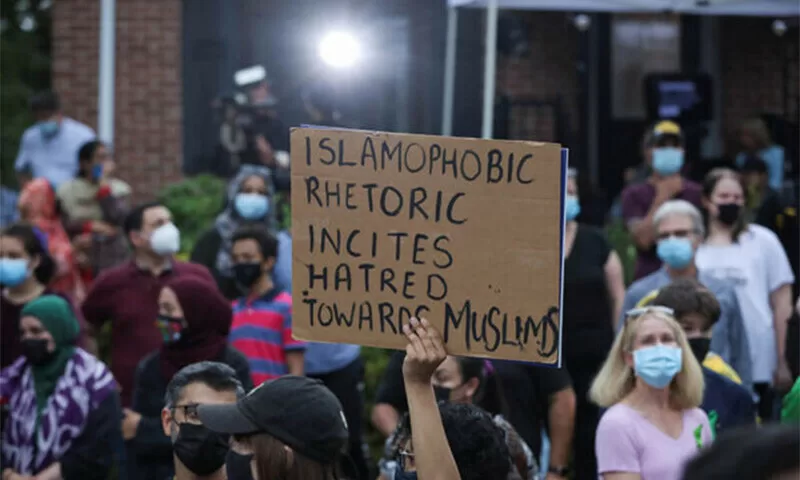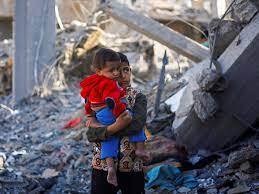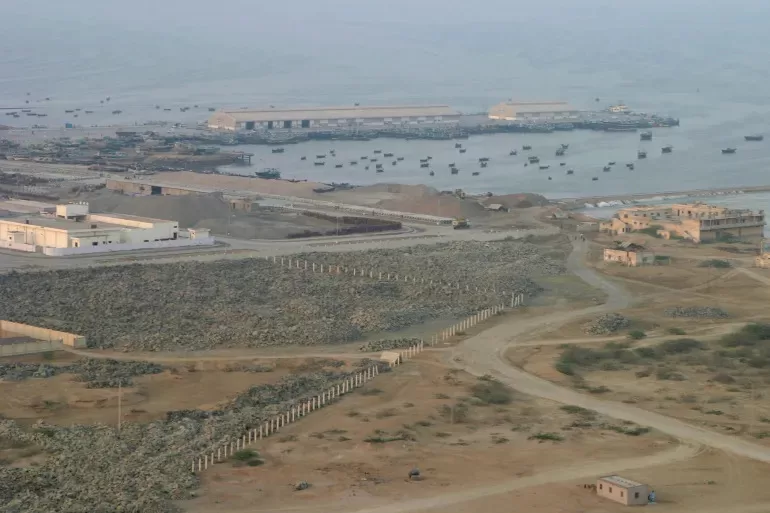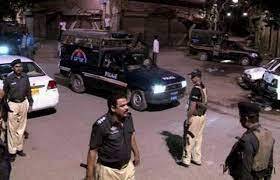UNLV mass shooter was career college professor, source says, but unknown whether he had a connection with school
The gunman in a Wednesday mass shooting on the University of Nevada, Las Vegas, campus that left three dead and a fourth wounded is a 67-year-old career college professor with connections to colleges in Georgia and North Carolina, a law enforcement source told CNN, but it’s unknown what connection he had with the school where the shooting took place. At a Wednesday evening news conference, Las Vegas Metro Sheriff Kevin McMahill said the identity of the shooter, who is dead, will not be released until his family has been notified. Campus police engaged the shooter outside of Beam Hall, the sheriff said. There was a gathering outside the hall where students were playing games and building things with Legos, according to the sheriff. “What happened today is a heinous, unforgivable crime… If it hadn’t been for the heroic actions of one of those police officers who responded, there could have been countless additional lives taken,” he said. In addition to the four victims who were shot, four people were taken to hospitals due to symptoms of panic attacks, the sheriff said. Two law enforcement officers were treated for minor injuries suffered during the search for victims. Three patients were taken to Sunrise Hospital, spokesperson Marissa Mussi said. The sheriff said the condition of the wounded victim – initially listed as critical – had been upgraded to stable. Police are working to uncover evidence and identify a motive, McMahill said, adding he didn’t have any details on the suspect’s weapon. This latest mass shooting comes as students are in the middle of a study week before taking final exams and going on winter break, in the same city that suffered the worst mass shooting in modern US history in 2017. Student Amanda Perez, 23, is comforted by her fiancé, Alejandro Barron, 24, on campus. Ronda Churchill/AFP/Getty Images Police responded shortly before noon Wednesday to reports of a shooting with multiple victims on the campus, near Beam Hall, the home of the university’s Lee Business School, according to a social media post. At 11:54 a.m. local time, the university posted an emergency notice online, saying, “University Police responding to report of shots fire in BEH evacuate to a safe area, RUN-HIDE-FIGHT.” The university then said on X police were responding to “additional report of shots fired in the Student Union,” and advised people to evacuate the area. Students were ordered to shelter in place for hours as law enforcement confronted the suspect and then worked to clear and evacuate campus buildings. The order was lifted around 7:30 p.m. Wednesday, the university said in a post on X, noting that there was no longer an active threat on campus. Enter your email to sign up for CNN’s “Meanwhile in China” Newsletter. close dialog “I was sitting outside, I was just having breakfast. I heard three loud booms and I was like, ‘Oh, what was that?’” a student told CNN affiliate KVVU. “Police showed up, then I ran inside. “After two minutes, more shots. I ran into the basements, and I was there for 20,” the student said. “I was just hearing a lot of shots.” Brett Johnsen was in Beam Hall when he heard a loud noise during class, he told CNN, but it didn’t sound like a gunshot and the professor continued to teach. “Then an alarm came on,” Johnsen said, “I’ve never heard an alarm like that before, it didn’t sound like a fire alarm.” The students in the class began packing things up, relatively calmly, Johnsen explained. “When we began to walk out of the class, that’s when things got real,” he added. After the professor opened the door to let students out, the look on his face turned to panic and he urged the students to get back, lock the doors and get on the ground, Johnsen said. The professor checked the situation outside again after 30 seconds, Johnsen said, and then told the students to “run as fast as we can.” UNLV president Keith Whitfield said in a statement that the campus community is in shock following the “unfathomable event.” “We will forever remember and honor those we have lost and who were injured. I’m grieving for the victims of today’s senseless shooting, and my heart breaks for the many students, faculty, staff, parents, loved ones and community members who suffered through hours of painful uncertainty while officers ensured that our campus was safe and secure again,” Whitfield said. Shooting is 80th at a US school this year and in same city as deadliest modern US mass shooting There have been 631 mass shootings in the United States this year, according to the Gun Violence Archive. There have been 80 US school shootings so far this year, according to a CNN analysis. Of those, 51 shootings have been reported on K-12 campuses and 29 on university and college campuses. UNLV is located just a few miles from the site of the mass shooting at the Route 91 Harvest music festival, which left at least 58 people dead and hundreds more wounded. In the years after the massacre, two more victims died of shooting-related injuries. A student told CNN affiliate KSNV he was in class in the building next to the student union and saw law enforcement officers going in. “We were really nervous so we barricaded all up,” he told the Las Vegas station. He and the other students took a few minutes to look out the windows, he said. Site of reported shooting “We saw students running out in single file lines with their hands up, scared, and we saw officers going in,” the student, who said he was in journalism class with about a dozen others, added. He said they didn’t hear any shooting or see anyone who might have been the shooter. “Tragic and heartbreaking news coming out of @unlv. Praying for everyone on campus as law enforcement responds to the situation,” Las Vegas Mayor Carolyn G. Goodman posted on X just after news of the shooting broke. The White House said it was monitoring the shooting “very closely.” The second gentleman was also already scheduled to deliver remarks tonight…










